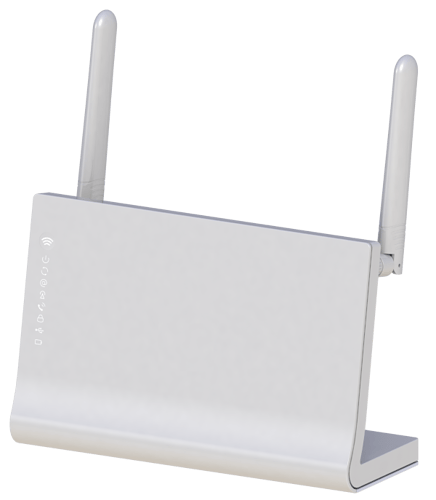hello everyone and nice to meet you .
since this is my first post here let me introduce my self first , im from Greece , im a ee student with some
experience in networking , i moslty used PFsense till a friend introduced me to OpenWRT.
We got my hands on a Business router from a greek manufacturer (Oxygen ) that although locked from the isp had a realy capable set of hw fetures (4g+ & VDSL2 35b modems , quite a bit of ROM and ram and without any broadcom ICs on the pcb)
the company on their web site have this :
Open Source Software (OSS) is used in parts of our products that are under the GNUv3 licence. Contact us for the request of relevant source code implemented functionanilty using OSS
We havent contacted them yet , but in theory they are willing to share info ... ![]()
- Details about the CPE:
Model number : Oxygen HPV05400
Chipset: IKANOS IKF7185SE-B1-PB1-C
xDSL: IKANOS FXS70IF1BE-B0-0
Ethernet: QCA8337-AL3C PE68189.KA 1543
Wi-Fi: Atheros AR9381-AL1A
NAND Flash: S34ML02G100TF100 (256mb)
RAM: EM68c16cwqe-254 (x2) (256mb)
CPU: VX185
its using u-boot (boot dumps from serial are available)
also i found this that seems to have realy similar architecture to ours .
- some photos of the PCBs:
{im a new user , i cannot insert many images }
https://imgur.com/a/QfZCuah
(sory they are low quality , ill upload better ones Asap)
*Boot dump from serial
{ah char limit , lets use a paste bin }
A Firmware image is avelable for the general "family" of devices , i dont have for the one with 4g.
but they are on the same pcb
with all the info provided , im asking what are the chances of geting any version of openWRT on this ,
and to help with the ods , what pcs of info would be usefull to ask from the company , if they indeed are willing to provide any info.
Thanks in advace , and sorry for my english
